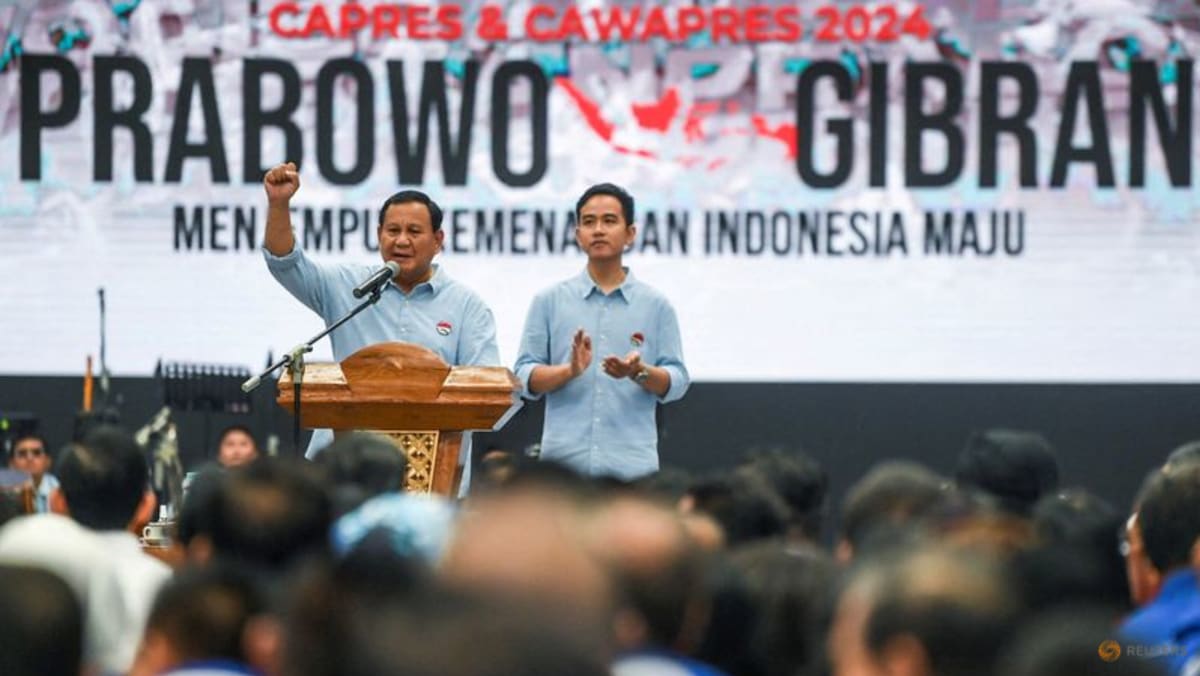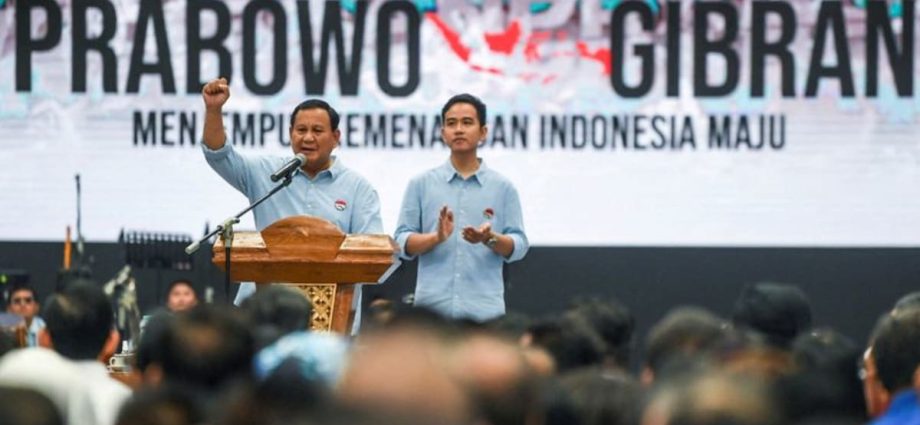
On Monday, the Constitutional Court established a probe into the Oct 16 decision following seven petitions demanding an investigation. This will be conducted by an ethics council, consisting of a court justice and two outside legal authorities, which may not overturn the ruling but it could recommend dismissal of any justice for unethical behaviour.
On the same day, a civil society group TPDI reported Mr Jokowi, Mr Anwar Usman, Mr Raka, and Jokowi’s second son, Mr Kaesang Pangarep, to the Corruption Eradication Commission (KPK) for alleged collusion and nepotism in the Constitutional Court’s Oct 16 ruling. Mr Pangarep, 27, chairs the Solidarity Party of Indonesia that engages young people, and the party has endorsed the Subianto-Raka ticket, making it a nine-party coalition.
Asked about the complaint against him, Mr Raka simply replied, “Let the KPK follow it up.”
But the apparent nonchalance could mask trouble for Mr Raka. His party, PDI-P, gave him the platform to become a city mayor. Mr Subianto, meantime, heads his own party, Gerindra. It is far from clear whether PDI-P and its influential chief in former president Megawati Sukarnoputri will be keen for any relationship – or whether Mr Raka will be regarded as disloyal.
On Thursday evening, a PDI-P official said Mr Raka’s membership “in de facto terms” ended with his registration as a candidate for another party. This could potentially split support for PDI-P’s own presidential hopeful, former Central Java governor Ganjar Pranowo.
There is a strong “ProJo” (pro-Jokowi) body of supporters that campaigned for Jokowi in 2014 and 2019 and have since vocally supported Mr Subianto. The third presidential candidate trailing behind Mr Subianto and Mr Pranowo in polling is past Jakarta governor Anies Baswedan.

